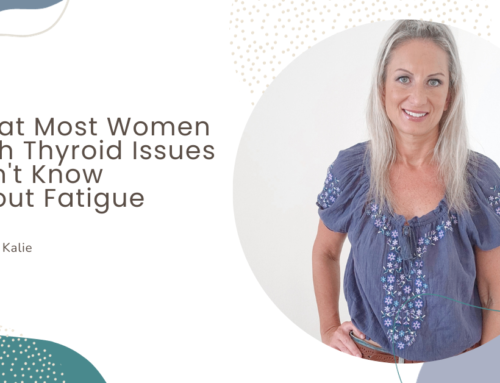As a Functional Medicine Practitioner, I order and analyze blood work for my clients all of the time. I often come across people with vitamin D deficiencies. A large percentage of these people also suffer from autoimmune diseases, like Hashimoto’s and Grave’s Disease. This is no coincidence; there is a correlation between autoimmune diseases and a lack of vitamin D. In fact, the remedy for many of these people is vitamin D supplements.
Nearly one billion people will suffer from a deficiency in vitamin D; one report cites that in several countries, up to 36% of adolescents and nearly 57% of adults have inadequate levels of vitamin D. This is highly alarming because this vitamin plays a critical role in nourishing our bodies and overall health, including heart health, bone strength, and even possibly reducing cancer risks. Perhaps most importantly, a lack of this vitamin can make the immune system susceptible to autoimmune diseases.
Impact of vitamin D on the immune system
Vitamin D impacts several important bodily processes necessary for good health. Active vitamin D is transported to several areas of the body, including the intestine, colon, and immune cells, all of which are equipped with vitamin D receptors. The active vitamin D element interacts with these receptors to facilitate gene responsiveness.
Vitamin D and autoimmune diseases
I am passionate about the correlation between vitamin D deficiency and autoimmune diseases and have studied it extensively. Autoimmune diseases occur when the immune system is fragile and lacks the vitamin D necessary to bolster it. Vitamin D helps regulate T-cells, which differentiates between healthy and harmful cells.
Increasing intake vitamin D intake
Vitamin D improves and supports the body as a whole and the immune system specifically. Resolving a deficiency in this vitamin is essential to prevent autoimmune diseases. I generally advise my patients to maintain vitamin D levels of around 60-90ng/mL. If I come across someone who is below that level, I will recommend 5000 daily IU of a vitamin D3/K2 supplement (these two vitamins work in tandem to shield and strengthen your immune system.)
A vitamin D deficiency may seem minor, but it can lead to serious issues down the road. However, as with any changes to your health routine, be sure to consult a physician or other medical professional before beginning a vitamin D supplement; as with anything, you can have too much of a good thing. Be sure you are aware of your current levels and the dosage you should be taking to improve it.
Download my FREE 5-Day Thyroid Recovery Plan. You will get information about how to reverse your thyroid condition and a meal plan and thyroid friendly recipes for 5 days.








What about autoimmune conditions such as Myasthenia Graves and Sarcoidosis? For those conditions, they say not to take vitamin D supplements because it worsens the condition? What do you do if you have been tested and have low levels but are told not to take a supplement?
Get out in the sun and make Vitamin D naturally!